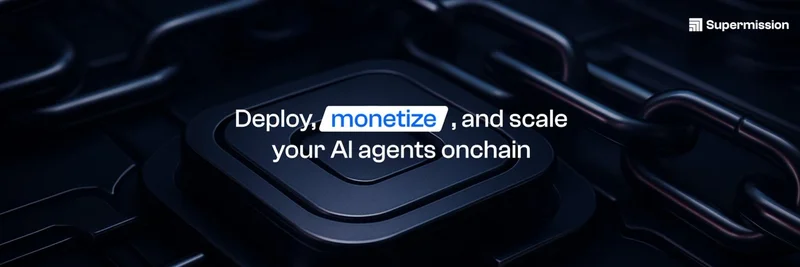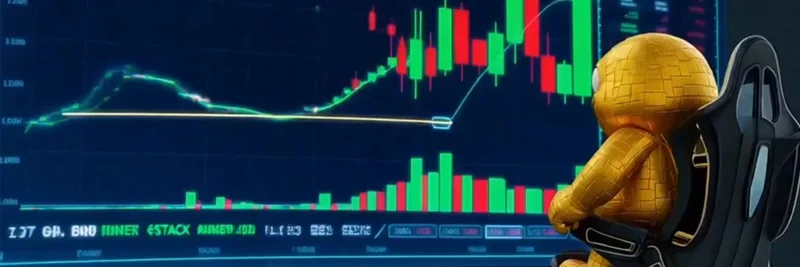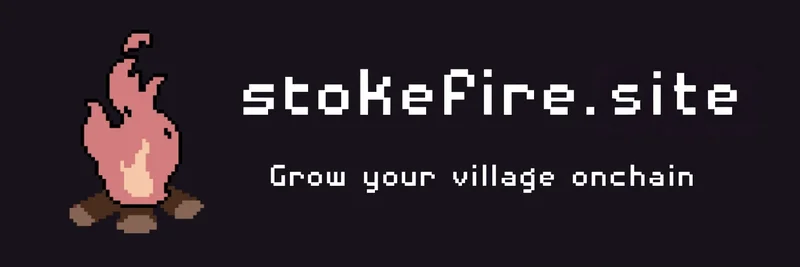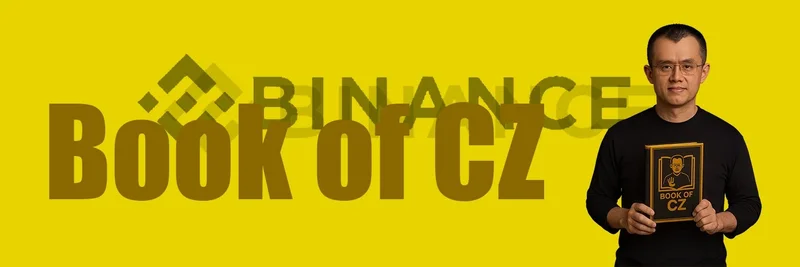The cryptocurrency landscape is ever-evolving, with new debates and discussions shaping the future of digital assets. Recently, a tweet by Mike Dudas, a prominent figure in the crypto space, sparked a conversation about the concept of economic security in cryptocurrencies. Dudas tweeted, "it’s now commonly accepted that economic security is a meme," quoting a post by Haseeb Qureshi from Dragonfly Capital, who argued that the idea of paying for security through staking might be an illusion. This statement has ignited a broader discussion on the validity and perception of economic security in the crypto world.
The Core of the Debate
Economic security in cryptocurrencies, particularly in proof-of-stake (PoS) systems, revolves around the idea that stakeholders are compensated for securing the network. This compensation often comes in the form of staking rewards, which are intended to incentivize users to lock up their assets and participate in the consensus mechanism. However, Qureshi's comments suggest that this model might not be as robust as initially thought. He pointed out that the high yields from staking could be misleading, as they might not account for the underlying inflation of the asset, essentially making the rewards nominal rather than real.
Dudas's tweet, which echoes this sentiment, implies that the crypto community is increasingly viewing economic security as more of a meme than a serious mechanism. This perspective challenges the foundational assumptions of many PoS networks, where the security of the blockchain is supposedly tied to the economic incentives provided to validators.
Staking: A Double-Edged Sword?
Staking has become a cornerstone of many cryptocurrencies, offering users a way to earn passive income while contributing to the network's security. For instance, platforms like Ethereum and Solana have built their consensus mechanisms around staking, promising rewards for those who participate. However, the debate highlighted by Dudas and Qureshi raises questions about the sustainability and effectiveness of this model.
Qureshi's argument is that the high staking yields might be an illusion because they don't consider the asset's inflation rate. If a cryptocurrency inflates at 8% annually but offers 8% staking rewards, the real yield is effectively zero. This insight challenges the notion that staking is a risk-free, high-reward activity, suggesting instead that it might be more about maintaining the status quo than providing genuine security.
The Meme Coin Connection
The discussion around economic security also ties into the broader world of meme coins, which are often criticized for their lack of utility and security. Meme Insider, as a platform focused on meme tokens, is uniquely positioned to explore how these debates impact the meme coin ecosystem. While meme coins like Dogecoin and Shiba Inu might not rely on staking for security, the underlying principles of economic incentives and network stability are still relevant.
The idea that economic security could be a meme resonates with the volatile and speculative nature of meme coins. These assets often thrive on community sentiment and viral trends rather than robust economic models, making the concept of security even more tenuous. For blockchain practitioners and investors, understanding this dynamic is crucial for navigating the meme coin market.
Implications for the Future
The conversation initiated by Dudas and Qureshi has significant implications for the future of cryptocurrencies. If economic security is indeed perceived as a meme, it could lead to a reevaluation of how networks are secured and how rewards are distributed. This might push developers towards alternative consensus mechanisms or more transparent economic models that better reflect the true value provided to the network.
For meme coin enthusiasts and practitioners, this debate underscores the importance of due diligence. While the allure of high yields and viral success can be tempting, the underlying security and sustainability of these assets must be critically assessed. Platforms like Meme Insider play a vital role in providing the knowledge and insights needed to make informed decisions in this space.
Conclusion
The tweet by Mike Dudas, quoting Haseeb Qureshi's insights, has opened up a critical dialogue about the role of economic security in cryptocurrencies. As the industry continues to mature, these discussions will shape the development of new technologies and the perception of existing ones. For those involved in the meme coin ecosystem, staying informed about these debates is essential for understanding the broader implications and making strategic decisions.
Whether economic security is a meme or a reality, the conversation itself is a testament to the dynamic and evolving nature of the crypto world. As always, the key is to remain curious, critical, and connected to the latest developments.




